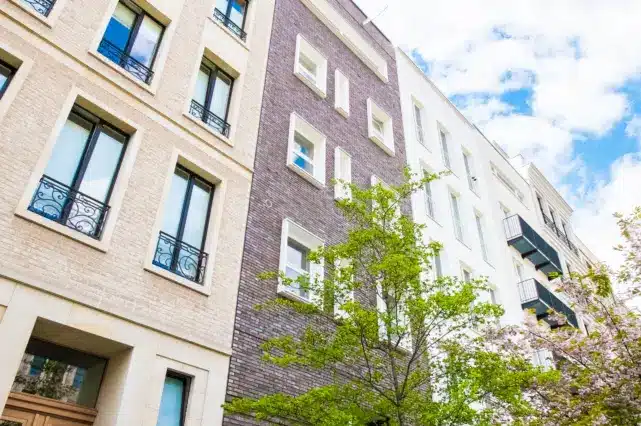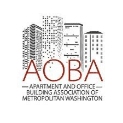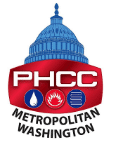
Whether repairs to the HVAC system of a multi-family property, like an apartment complex, effects each unit or a single residence depends on whether the property uses a centralized HVAC system or individual decentralized HVAC units.
A centralized system essentially means all the apartments or a number of units in the same building share the same HVAC system. Residents generally don't have their own thermostat or the ability to personally regulate their unit's heating or cooling performance.
Having a decentralized HVAC system means each unit has its own dedicated heating and/or cooling system. Each resident will have their own thermostat and control over their home's comfort.
If a decentralized HVAC system for one unit breaks down or requires repairs or maintenance, none of the other residents will be affected by the outage. If a centralized HVAC system goes out, every resident served by that HVAC unit will be impacted.
WHICH IS BETTER: CENTRALIZED OR DECENTRALIZED?
There are pros and cons to both options for residents and owners of multi-family properties. One of the biggest cons of a centralized system is that repairs or outages will impact every tenant, or at least every resident that's connected to the broken centralized HVAC system.
The other major con of a centralized system is the lack of control, although how much that bothers tenants is a matter of personal preference. Some tenants may be perfectly fine with the temperature set by the property's manager, while others may think their unit is too hot or too cold and be frustrated by their lack of control.
The other option that some property owners invest in are ductless mini-split heat pumps. A ductless heat pump in each unit may, in some cases, be more affordable to install than one large, centralized HVAC system plus ductwork. It may also use less electricity to heat and cool a space to the tenant's desired temperature than blanket heating or cooling for every tenant on a centralized HVAC system.
Giving each individual unit its own roof-mounted air conditioning or heat pump can be more expensive and less efficient than a single centralized system depending on the size and quality of the HVAC units. Whether efficiency is a big concern often depends on whether each unit is paying for its own utilities or repairs.
In a condo or apartment complex where each unit owner or tenant pays for their own electricity, efficiency may be less of a concern for management.
If utilities are included in an apartment complex and tenants overwork or abuse their dedicated HVAC unit, it could become a costly problem for the property owner. That's one of the reasons why it's common for multi-family properties that include utilities in rental costs to use centralized systems.
There are other considerations multi-family property owners should take into account when choosing a new centralized or decentralized heating or cooling solution. For example, peak load flexibility is important for both system capacity and cost. If Washington D.C. suffers a severe heat wave a centralized system or decentralized units can become overburdened and break or cause electrical problems that deprive everyone of temperature control and power.
It's not always easy to accurately predict what the weather will be like for the lifetime of a centralized or decentralized HVAC system, so any system you install should be flexible enough to withstand both extreme highs and lows.
MAINTENANCE IS IMPORTANT WITH BOTH CENTRALIZED AND DECENTRALIZED HVAC SYSTEMS
Most multi-family property owners walk a tightrope between revenue and expenses. You don't want to skimp too much on comfort because you might lose tenants or have difficulty filling units at a decent rental price. At the same time, you don't want to overspend on HVAC systems or other types of maintenance because that eats directly into the profitability of your investment.
HVAC maintenance is one of those routine tasks that costs you a bit now to prevent you from having to spend a lot more later. Centralized and decentralized HVAC systems that undergo routine maintenance at least twice a year will break down less and last longer, saving you the cost of frequent pricey emergency repairs or whole unit replacement.
LET VITO SERVICES HELP WITH YOUR MULTI-FAMILY HVAC SOLUTION
At Vito Services, we understand that there's rarely a one-size-fits-all solution for property owners using centralized or decentralized HVAC systems. We perform commercial and residential HVAC repair, maintenance and installation on all types of systems in Rockville and the Greater DMV area. Whether you're looking for an estimate on the replacement of a decentralized or centralized unit or just some repairs, we can help.
If you're interested in finding a cost-effective way to give tenants on a centralized unit more control – like with individual wall-mounted ductless mini-split heat pumps – we can help you develop a solution that makes sense from a cost and tenant-comfort standpoint.
Give our team a call at 1-800-GET-VITO ( 301-251-0211 ) to schedule a consultation or to learn more about our services and scheduling availability.








